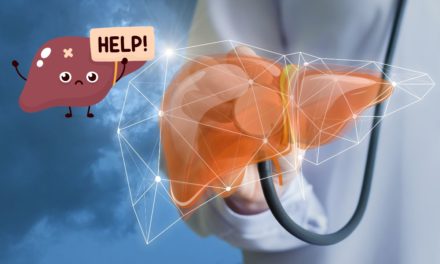Introduction
Crohn’s disease is a chronic inflammatory bowel disease (IBD) that can cause significant discomfort and disruption to the lives of those affected. Characterized by inflammation in the gastrointestinal tract, Crohn’s disease can cause a variety of symptoms and complications. In this article, we’ll examine the details of Crohn’s disease, its symptoms, possible causes, and the latest advances in treatment options that offer hope and relief to patients living with the condition.
Understanding Crohn’s Disease
Crohn’s disease is a type of inflammatory bowel disease that primarily affects the small intestine and/or large intestine. It is characterized by chronic inflammation that can spread deep into the layers of the intestinal wall, causing a variety of gastrointestinal symptoms. Crohn’s disease is often characterized by intermittent flare-ups and remissions, with symptoms ranging from mild to severe.
Common symptoms of Crohn’s disease
Symptoms of Crohn’s disease can vary from person to person, but common symptoms can include:
- Stomach pain
- Persistent diarrhea
- Bleeding from the rectum
- Weight loss
- Fatigue
- Loss of appetite
- fever
- Arthritis
- Skin rash
Possible causes and triggers
The exact cause of Crohn’s disease is not fully understood, but it is thought to involve an abnormal immune response in genetically predisposed individuals. Environmental factors, such as diet and stress, can play a role in flare-ups.
Diagnosis of Crohn’s disease
The diagnosis of Crohn’s disease requires a comprehensive evaluation, including a review of the medical history, physical examination, blood tests, stool analysis, and imaging studies (such as endoscopy and colonoscopy) to visualize areas of inflammation. And the diagnosis can be confirmed.
Treatment approaches for Crohn’s disease
Treatment for Crohn’s disease aims to reduce inflammation, control symptoms and promote long-term remission. Different treatment options may include:
- Anti-inflammatory medications: Amino salicylates and corticosteroids can help reduce inflammation in the gut during a flare-up.
- Drugs: such as azathioprine and methotrexate may be prescribed to suppress the immune system and prevent inflammation.
- Biological therapies: Biological drugs, such as anti-TNF agents (infliximab, adalimumab), target specific proteins in the immune system to control inflammation.
- Nutrition therapy: Specific enteral nutrition (EEN) may be used in some cases, especially for children, to provide essential nutrients and promote intestinal healing.
- Surgery: In cases of severe complications, strictures, or abscesses, surgery may be necessary to remove the affected part of the intestine.
Lifestyle management
In addition to medical treatment, lifestyle changes can play an important role in managing Crohn’s disease. Patients are often advised to:
- Follow a well-balanced, nutritious diet.
- Stay hydrated
- Exercise regularly.
- Manage stress and get support from family, friends, or support groups.
The promise of personalized medicine
Advances in research have paved the way for personalized medicine in the management of Crohn’s disease. Biomarkers and genetic testing can help tailor treatment plans to individual needs, maximizing treatment effectiveness and minimizing potential side effects.
Result
Crohn’s disease is a challenging condition that requires a multifaceted approach to management. By understanding the symptoms, possible causes, and advances in treatment options, people with Crohn’s disease can work with health care professionals to develop personalized treatment plans that meet their unique needs. fulfill As research continues to unravel the complexities of this chronic inflammatory bowel disease, the hope for better treatments and a better quality of life for patients remains bright. Education, early diagnosis, and proactive management are key to empowering people with Crohn’s disease to live full lives and overcome the challenges of this chronic condition.










